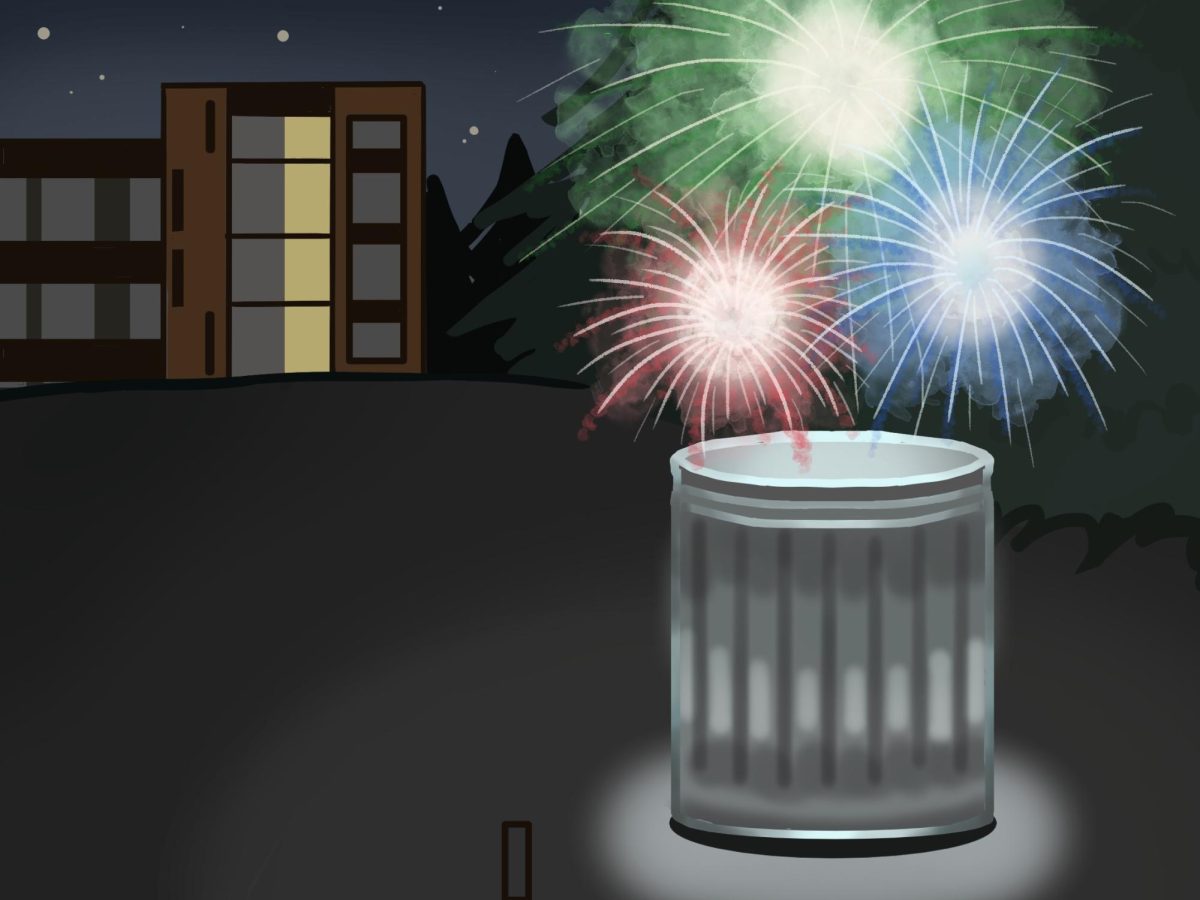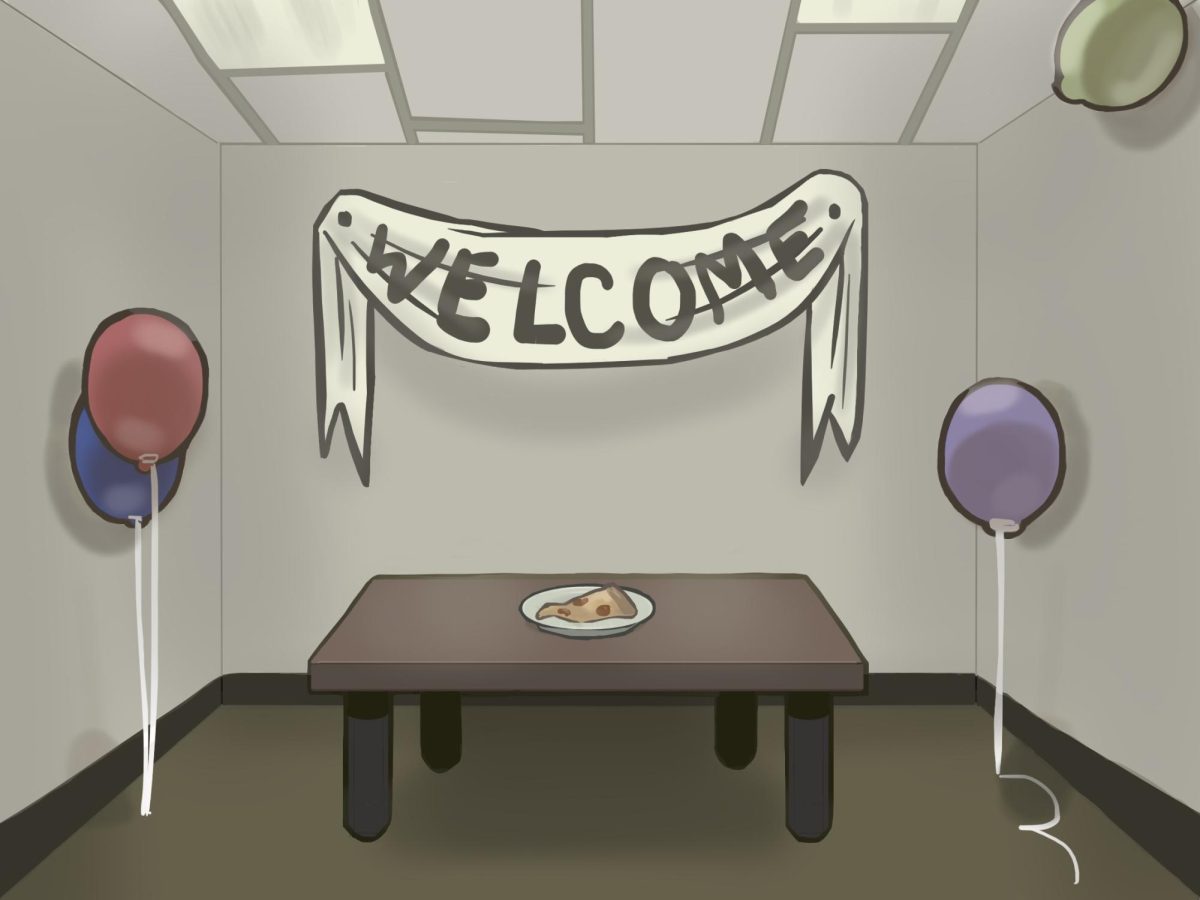SCC BACHELOR’S PROPOSAL CLEARS STATE BOARD
SCC is one step closer to offering students a Bachelor’s of Applied Science in Dental Hygiene (BAS-DH). The state Board of Education approved a “statement of need” on May 2, according to Maryrose Bellert, the head of SCC’s dental hygiene department. The college hopes to enroll the first class of BAS-DH students in 2021.

The college now needs to be certified by the regional accrediting body — a process that takes an estimated six months — before returning to the board. In order to become accredited, SCC will have to make some changes to campus.
The library will need to add more databases and resources to be available to students, and the advising office will require additional certification and training for higher level courses. The school will also have to modify the way it structures financial aid.
The changes to the actual dental hygiene program will be minimal, Bellert said.
“The level of classes is pretty high already,” Bellert said, adding that the department will likely need to add additional research components courses in order to meet baccalaureate standards.
The new curriculum has yet to be written. Bellert said that faculty will begin work on modifying the current curriculum this summer, with a final draft scheduled to be completed in September. It will be part of a program proposal presented to the regional accrediting body in winter 2020.
“With this change (to a BAS-DH, the school) will offer the students the degree they have earned and deserve counting credits, cost and time,” Bellert said.
In order for current students to get an associate degree in dental hygiene, they must complete a total of 181 credits, she explained. The minimum number of credits for a baccalaureate program is 180, though the BAS-DH at SCC will likely require 186 credits.
“It’s almost like shoving a bachelor’s into a two-year (degree),” said Rachel Munoz, a student in the current dental hygiene program. Munoz already has a bachelor’s degree from Western Washington University, and characterized the associate in dental hygiene at SCC as more rigorous than her studies at the university.
Students who have graduated from the current program will be able to take additional online courses to obtain the bachelor’s level degree, Bellert said. Munoz said she plans to take advantage of that opportunity.
The new BAS-DH program is not expected to boost enrollment at SCC. At present, entry into the associate program in dental hygiene is competitive: The program averages 110-120 applicants, with only 24 available slots for students annually, according to Bellert.
The school does not plan to increase class size, due to a lack of space for more students to study. Each second year student needs a dental chair to practice at; the current clinic only has 30. Bellert says that previously discussed plans for a new facility have been tabled.
However, tuition for the BAS-DH will be more expensive than the current associate program, potentially boosting school revenue. Bellert estimated that the cost will double, but noted that she is not the person making the decision on pricing.
“We are extremely excited about this approval,” Bellert said, adding that it allows SCC students to get the degree they need in a changing dental hygiene industry.














